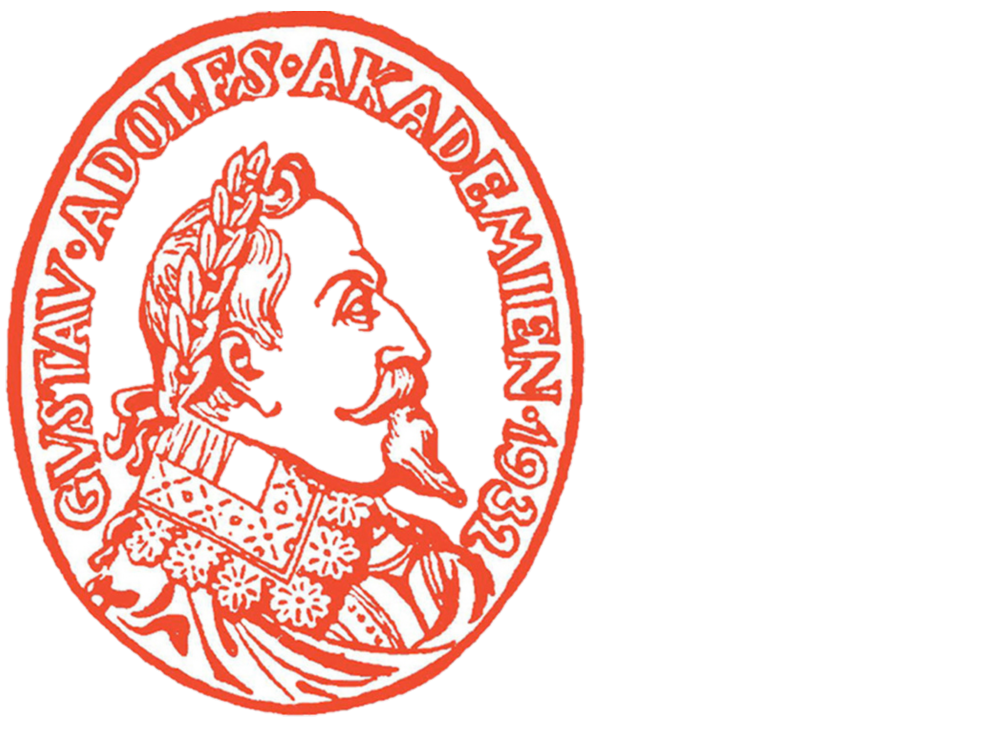About the journal
Swedish Dialects and Folk Traditions publishes research papers, notes and documents, reviews, etc. in the fields of dialectology, sociolinguistics and other linguistic disciplines pertaining to spoken language as well as ethnology, folklore research and cultural history. Research papers are peer reviewed by at least two experts in the field. The journal was founded in 1878 by J A Lundell and it is one of Sweden’s oldest in the fields of linguistics and folk culture. Today, it is published by the Royal Gustavus Adolphus Academy for Swedish Folk Culture in collaboration with the Institute for Language and Folklore and the Folklife Archives with the Scania Music Collections at Lund University. Learn more >>



